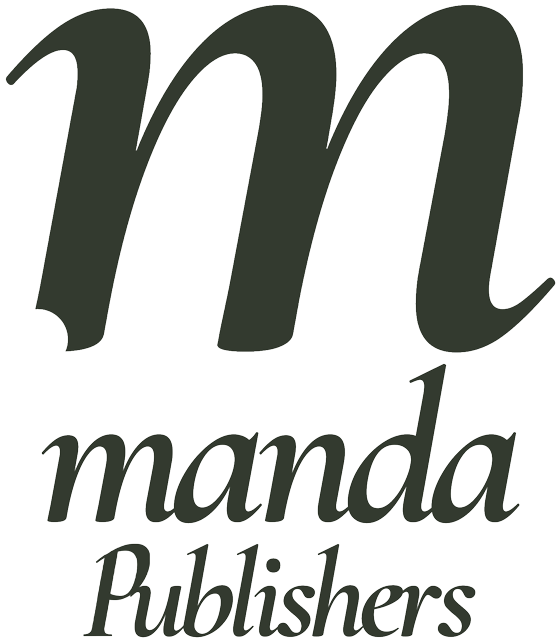Literature and Film, From mute to motion
Author: Dr. Dipshikha Bhagwati
Book Cost
₹395 Original price was: ₹395.₹179Current price is: ₹179.
Short Description
Share this Book
₹395 Original price was: ₹395.₹179Current price is: ₹179.
Quality Products
7 Days Return Policy
Usually Ships in 2 Days
Apply Coupon at Checkout
- Secure Encrypted Transactions
Page Count
172
Book Type
Paperback
ISBN
978-9395174022
Mrp
395
Genre
Literature
Language
English
About the Book
About the Author
Recommended Books
See All >
Explore our bestselling catalog, featuring a wide array of novels, poetry, and more—each piece a journey through compelling stories and evocative words.
-
₹199Original price was: ₹199.₹139Current price is: ₹139.Rated 0 out of 5Author: Vikash Kumar Chaturvedi
-
₹199Original price was: ₹199.₹179Current price is: ₹179.Rated 0 out of 5Author: Utpal Datta Translator: Prodyut Kumar Deka
-
₹229Original price was: ₹229.₹149Current price is: ₹149.Rated 0 out of 5Author: Dr. Monika Jauhari
-
-
₹199Original price was: ₹199.₹99Current price is: ₹99.Rated 0 out of 5Author: Vaibhavi Sonawane
-
₹199Original price was: ₹199.₹139Current price is: ₹139.Rated 0 out of 5Author: Natasha Pawar
-
₹349Original price was: ₹349.₹289Current price is: ₹289.Rated 0 out of 5Author: Vamsi Kiran Pedagadi
-
₹249Original price was: ₹249.₹209Current price is: ₹209.Rated 0 out of 5A House of Publishing Anthology
-
₹249Original price was: ₹249.₹129Current price is: ₹129.Rated 0 out of 5Shweta Gupta
-
₹290Original price was: ₹290.₹149Current price is: ₹149.Rated 0 out of 5Author: Dr. Durgesh Vijay Radha
-
₹229Original price was: ₹229.₹199Current price is: ₹199.Rated 0 out of 5Author: Ishitva Gaur
-
₹349Original price was: ₹349.₹129Current price is: ₹129.Rated 0 out of 5Author: Dr Dipsikha Bhagawati
-
₹199Original price was: ₹199.₹129Current price is: ₹129.Rated 0 out of 5Author: Nidhi Sehgal
-
₹299Original price was: ₹299.₹254Current price is: ₹254.Rated 0 out of 5Author: Manju Mohil
-
₹299Original price was: ₹299.₹149Current price is: ₹149.Rated 0 out of 5Author: Ann Maria Thomson
-
₹299Original price was: ₹299.₹149Current price is: ₹149.Rated 0 out of 5Author: Santosh Singh
-
₹349Original price was: ₹349.₹265Current price is: ₹265.Rated 0 out of 5Author: Jyotsana Sharma
-
₹229Original price was: ₹229.₹199Current price is: ₹199.Rated 0 out of 5By: Multiple Writers
-
₹229Original price was: ₹229.₹199Current price is: ₹199.Rated 0 out of 5Dr. Reeta Saxena
-
₹229Original price was: ₹229.₹159Current price is: ₹159.Rated 0 out of 5Author: Richa Aggarwal

 Cart is empty
Cart is empty 



















